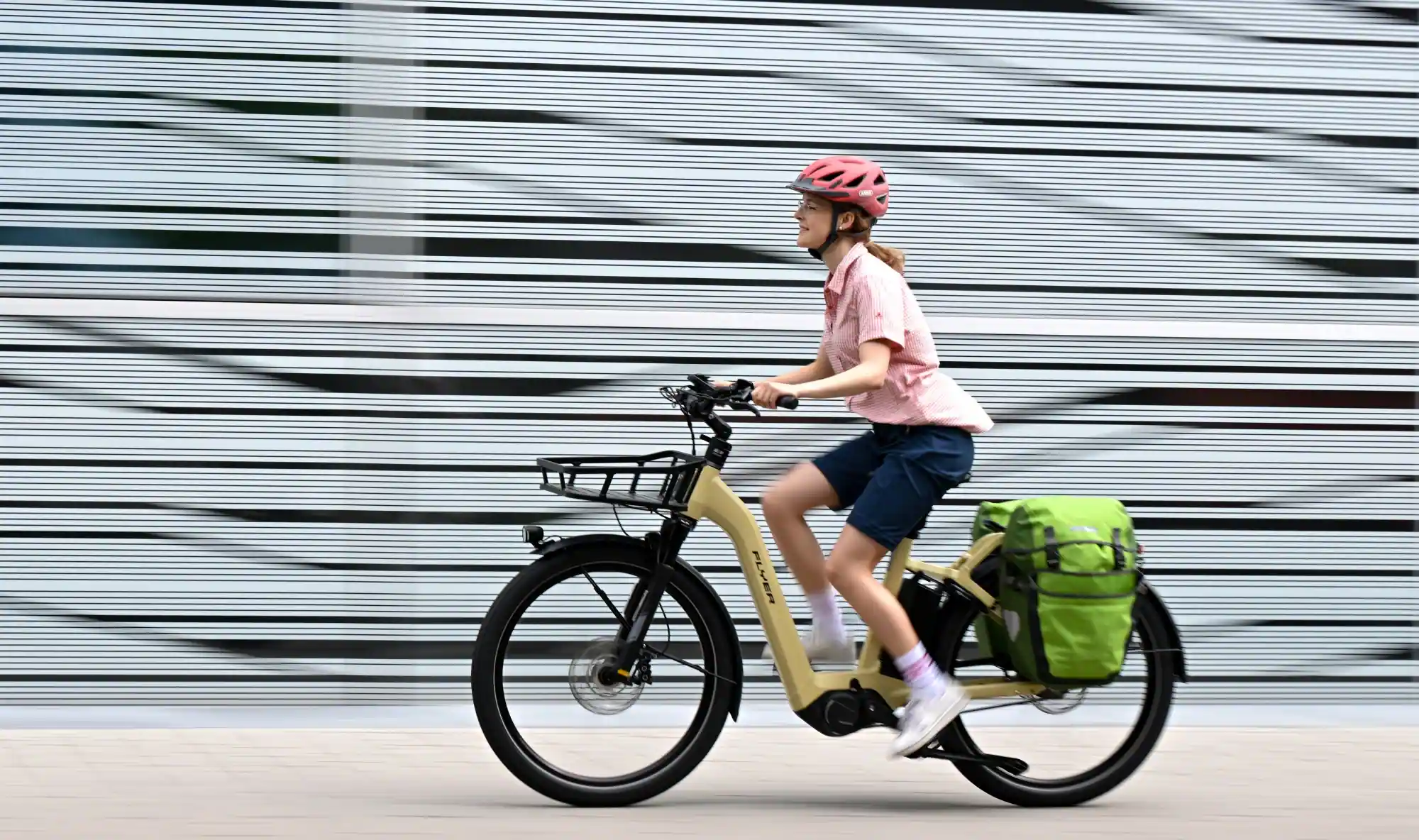
In recent years, there has been a growing emphasis on health and sustainability, with more people turning to cycling as a mode of transportation and recreation. For those on Universal Credit, the question arises: Can I get a bike on Universal Credit? In this comprehensive guide, we’ll explore the options available for obtaining a bike while receiving Universal Credit and the potential benefits it can bring.
Understanding Universal Credit
Universal Credit is a welfare benefit in the United Kingdom designed to support individuals and families with living costs, including housing, food, and other essentials. It replaces several existing benefits, providing a single monthly payment to eligible claimants.
While Universal Credit primarily covers basic needs, it also aims to support individuals in accessing opportunities for education, training, and employment. This broader scope opens avenues for accessing resources like bicycles that can contribute to personal well-being and financial independence.
Benefits of Cycling
Before delving into how to obtain a bike on Universal Credit, let’s explore why cycling is an attractive option for many:
- Affordability: Cycling is a cost-effective mode of transportation compared to owning a car or using public transport. With no fuel costs and minimal maintenance expenses, owning a bike can save money in the long run.
- Health and Fitness: Cycling provides excellent cardiovascular exercise, helping to improve fitness levels and overall well-being. Regular cycling can also reduce stress, improve mental health, and boost mood.
- Environmental Sustainability: Choosing to cycle instead of driving reduces carbon emissions and contributes to a cleaner environment. It’s a sustainable transportation option that aligns with efforts to combat climate change.
- Convenience and Flexibility: Bikes offer greater flexibility in navigating urban environments, especially during peak traffic hours. They can also access areas inaccessible to cars or public transport, providing more freedom in travel.
Options for Obtaining a Bike on Universal Credit
While Universal Credit primarily covers essential living expenses, there are avenues for accessing a bike without significant financial strain:
- Cycle to Work Scheme: The Cycle to Work Scheme is a government initiative that allows employees to obtain a bike and cycling accessories through salary sacrifice. The cost of the bike is deducted from your salary before tax, resulting in savings on income tax and National Insurance contributions. Universal Credit recipients who are employed may be eligible to participate in this scheme through their employer.
- Charitable Organizations: Various charitable organizations and community initiatives provide bikes to individuals in need, including those on benefits like Universal Credit. These organizations may offer refurbished bikes at reduced prices or even provide them free of charge to low-income individuals.
- Second-Hand Market: Purchasing a second-hand bike is a budget-friendly option for those on Universal Credit. Online marketplaces, local classifieds, and bike shops often have a range of affordable used bikes available. While prices may vary, second-hand bikes can be significantly cheaper than buying new.
- Local Authority Schemes: Some local authorities run cycling initiatives or bike loan programs aimed at promoting active travel and reducing barriers to cycling. These schemes may provide loaner bikes, subsidized bike purchases, or cycling training sessions to residents, including those receiving benefits like Universal Credit.
Choosing the Right Bike
When selecting a bike, it’s essential to consider your specific needs, preferences, and budget. Here are some factors to keep in mind:
- Type of Cycling: Determine the primary purpose of the bike—whether it’s for commuting, leisurely rides, off-road trails, or long-distance touring. Different types of bikes, such as road bikes, mountain bikes, hybrid bikes, or folding bikes, cater to various cycling activities.
- Size and Fit: Ensure the bike is the right size for your height and build to ensure comfort and safety while riding. Proper bike fit can prevent discomfort, injuries, and fatigue.
- Budget: Set a realistic budget based on your financial situation. Consider not only the upfront cost of the bike but also any additional expenses for accessories, maintenance, and repairs.
- Accessories: Depending on your cycling needs, consider accessories such as helmets, lights, locks, racks, and panniers to enhance safety and convenience.
Conclusion
In conclusion, obtaining a bike while on Universal Credit is indeed possible, with various options available to suit different circumstances and preferences. Whether through government schemes like the Cycle to Work Scheme, charitable organizations, second-hand markets, or local authority initiatives, individuals receiving Universal Credit can access affordable and sustainable transportation solutions.
Cycling not only offers financial savings but also promotes health, fitness, and environmental stewardship. By embracing cycling as a mode of transport and recreation, Universal Credit recipients can improve their well-being, enhance their mobility, and enjoy the many benefits that cycling brings to individuals and communities alike.
